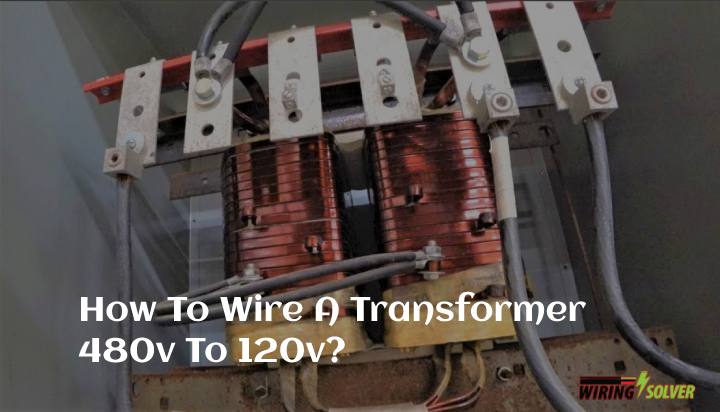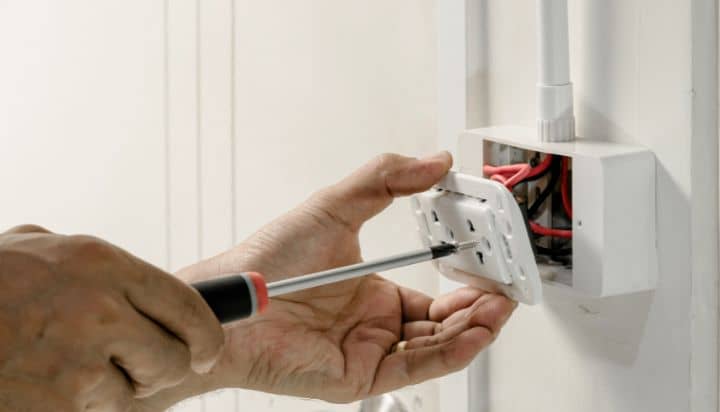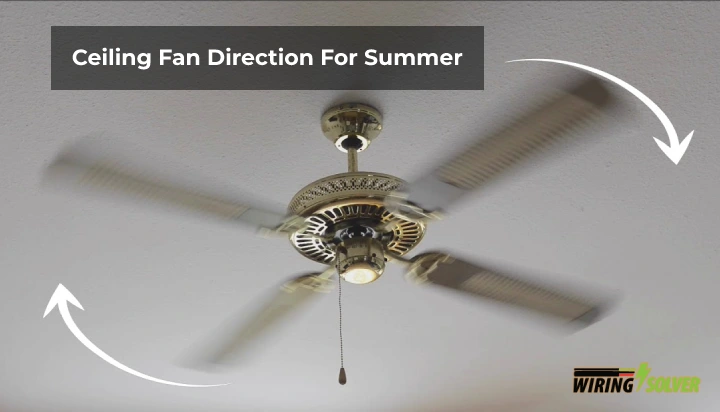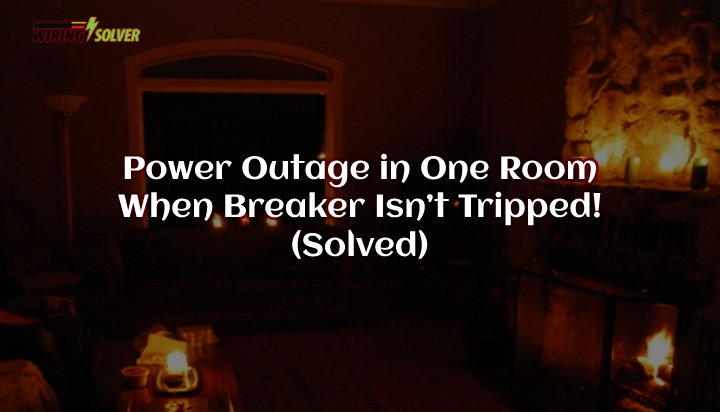Extension cords come in different sizes and gauges, and the amount of watts that a particular extension cord can handle depends on the size and construction of the cord. The lower the gauge number, the thicker the wire.
To determine how many watts a 14 gauge extension cord can handle, you need to consider factors such as the length of the cord, the ambient temperature, and the type of load being placed on the cord.
In this article, the capabilities of a 14 gauge extension cord will be discussed. You will also get to know how to choose the correct extension cord along with some tips and usage of a 14 gauge extension cord.

Wattage Capacity of a 14 Gauge Extension Cord Handle
When you are buying an extension cord you have to make sure that it is rated for the amperage and watts that your appliance would require it to carry. However, this is the minimum rating that it must have.
The wattage rating of a 14 gauge extension cord is about 1,440 Watts, but you need to remember that the wattage that the cord can handle will vary with the length of the cord.
However, knowing the wattage rating of the 14 gauge extension cord is not enough for safety. The average amperage that this extension cord can carry is about 12 Amps.
This can vary due to the length of the wire. 14 gauge extension cords that are less than 50 inches can carry a current of 13 Amps, while the ones that are greater than 50 inches can handle a current of 10 Amps.
If the rating of your extension cord is lower than the power of your appliance, then this might result in your appliances getting damaged. This is especially common in appliances that have a motor.
Choosing the Right Extension Cord for Your Needs
To choose the right extension cord for your needs, you can follow these steps:
- Determine the wattage of the appliance or tool that you will be using with the extension cord. This information can usually be found in the user manual or on the appliance itself.
- Choose a gauge for the extension cord that is appropriate for the wattage of the appliance or tool. You can use the following chart as a general guide:
Gauge Number According to Current or Power
- 10 gauge: up to 30 amps or 3600 watts
- 12 gauge: up to 20 amps or 2400 watts
- 14 gauge: up to 15 amps or 1800 watts
- 16 gauge: up to 13 amps or 1560 watts
- 18 gauge: up to 10 amps or 1200 watts
Keep in mind that these are general guidelines and the actual wattage capacity of an extension cord may vary depending on factors such as the length of the cord and the ambient temperature.
- Determine the length of the extension cord that you need. The shorter the cord, the less resistance it will have and the safer it will be.
- Use the above formula to determine the maximum wattage that the extension cord can safely handle: Watts = Amps x Volts
- Compare the wattage of the appliance or tool to the maximum wattage that the extension cord can handle. If the wattage exceeds the safe capacity of the extension cord, you should choose a thicker gauge.
By following these steps, you can choose an extension cord that is safe and appropriate for your needs.
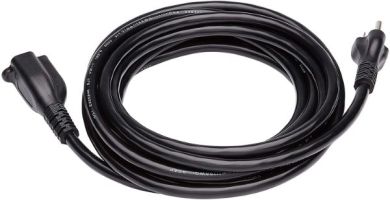
What is A 14 Gauge Extension Cord Good For?
14 gauge extension cords are pretty decent for regular use, and they are labeled as medium-duty extension cords.
Although 16 gauge extension cords are generally used for regular household appliances such as Television, 14 gauge extension cords may also be used for this purpose.
Additionally, these extension cords are great for power tools such as table saws, power drills, circular saws, electric chainsaws, snow blowers, and many more.
The 14 gauge extension cord can carry enough wattage safely, so it can also be used for heavy equipment, unlike 16 gauge extension cords which are light-duty.
Although buying a longer extension cord means that it may overheat a bit more, it is recommended since it will be easier for you to maneuver your tool or appliance with a longer cord.
Also, it is always better to have an extra-long cord than a short one which will restrict your movement.
Safety Tips for Extension Cords
As long as the extension cord of the correct rating is used, you can use it with almost all appliances. However, never use extension cords with electric heaters.
There have been several house fires when users have used extension cords with their heaters because the heaters have very high power and current demand.
Be careful not to use extension cords that are worn out in any way. If your extension cord has any cracks which expose the wires inside, you might get a severe electric shock even upon body contact for a second.
Furthermore, do not use extension cords that have damaged plug ends; this may cause a lot of accidents. You should also avoid keeping the extension cord plugged in while not using it.
Summary
You should consider the factors while choosing the gauge of the extension cord. Also, ensure following the power usage. Selecting the right extension cord for your needs is an important step in ensuring the safety.
Avoid overloading the cord, using in wet or damp condition, and using with heavy-duty appliances or tools to prolong the life of your extension cord and minimize the risk of electrical accidents.

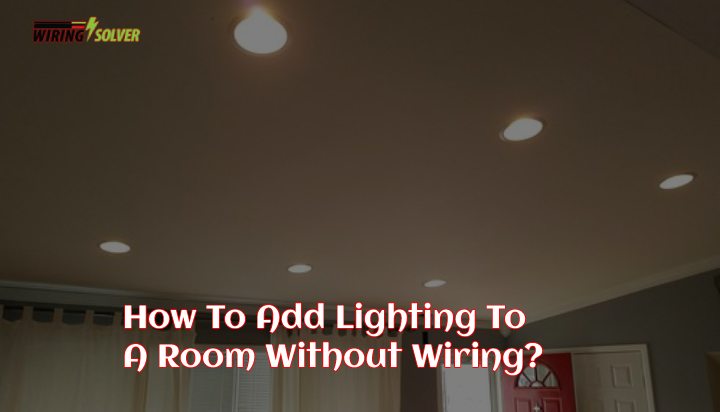
![How Long Do Most Power Outages Last? [Explained]](https://wiringsolver.com/wp-content/uploads/2022/07/How-Long-And-Why-Do-Most-Power-Outages-768x432.jpeg)
